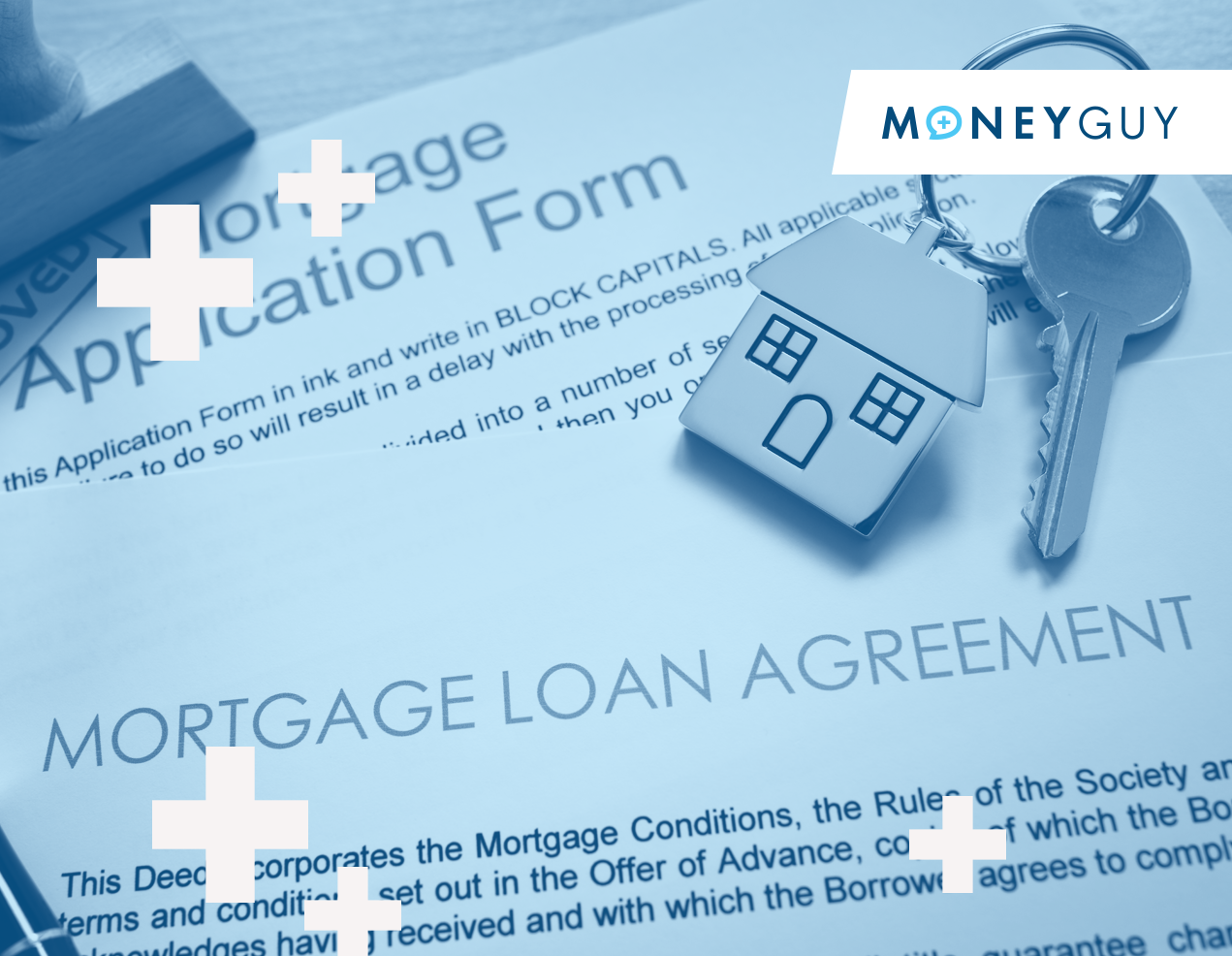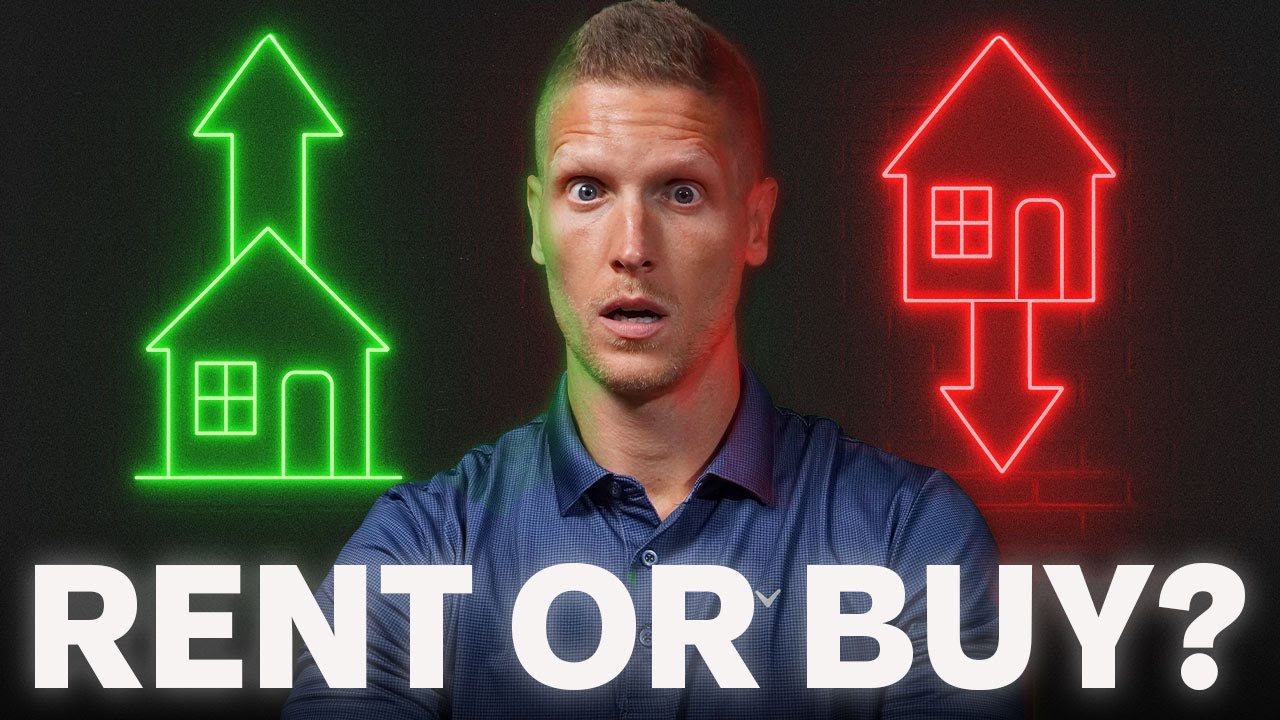“Hey, Money Guy team! I am 26 and considering buying a condo and house hacking. Is it okay to go a little higher than 25% of my take-home pay on my mortgage if I intend to get roommates?”
Awesome. First things first, you said “take-home pay.” Our rule is actually based on gross income, not take-home. So, what you do is think about your gross income. You don’t want housing expenses to exceed 25% of your gross income. Even if you might be a touch over 25% of your take-home, I would redo the math and see if you are still within the 25% of gross income.
I love that, as a 26-year-old, you are thinking about getting on the equity side of real estate ownership, house hacking, and bringing in some roommates. I love that idea because it’s a great way to tackle a challenging real estate market. So, I kind of love this idea.
Yeah, Olivia, you’re approaching this in a financially savvy way. Now, let me give you the cold water on this situation: being 26 and bringing in roommates is probably great while you have them, but I want you to plan ahead. What if a few of them surprise you? They might decide to get married, or it might not work out living together, and they move out. What if you have a roommate who doesn’t pay very frequently, like they pay every couple of months? There are all kinds of scenarios I want you to be very honest with yourself about.
That’s why doing the math is crucial. Open up Google Sheets or an Excel spreadsheet, and consider three scenarios:
- The dream scenario: your roommates live with you as long as you want, stay gainfully employed, and everything works out beautifully.
- The down-to-earth scenario: everything mostly works out, but maybe one roommate leaves sooner than you think or pays late occasionally.
- The worst-case scenario: both roommates leave, and you’re stuck with the place. Can you carry the costs through these situations, or at least plan for them?
I commend you for tackling a tough housing market by house hacking. Since it is your primary mortgage, banks will give you a lower primary interest rate because it will be your personal residence. I love that you’re planning to have outside cash flow from your friends or other roommates to help pay for this. That mindset can help you get into home ownership sooner.
As a middle-aged guy on the front porch, I want to add this: when I did this early in my life, my roommates were folks I knew well. Nowadays, more people are thinking about house hacking and may interact with strangers who need to rent. Are there good ways to vet people?
I’d recommend vetting them thoroughly. Ask for their social media profiles, and request three or four references to ensure they’re the right fit. Living with someone means knowing if they’re the kind of person who listens to heavy metal at 1 AM or has other habits that might be problematic. Screening on the front end can save you a lot of heartache.
If you’re bringing in people you don’t know, definitely do background checks. Some people in the comments section might suggest great resources for this. For our new employees, we use a private investigator for background information, and it’s been phenomenal. Doing a little due diligence can help you understand what you may be getting into.
Do the research; it’s part of the “measure twice, cut once” philosophy. Stress test what type of person this tenant will be, especially if you don’t know them well.
Here’s another great suggestion: have them fill out a formal rental application. It doesn’t have to be overly formal, but having someone complete paperwork in a timely manner tells you something about them. It’s better than just a handshake. This will set the tone that you’re treating this as a professional relationship, even if the roommates are your friends. This way, you can avoid issues like unpaid rent by reminding them of the signed agreement. Treat it as a business relationship to ensure everyone understands their responsibilities.













